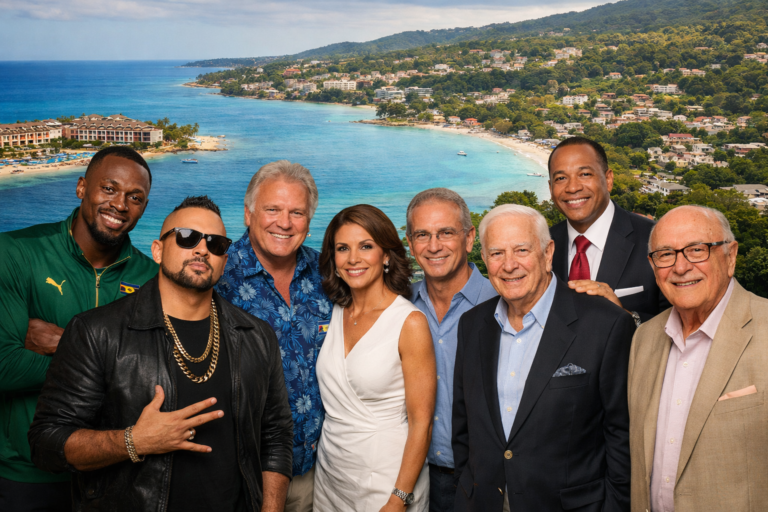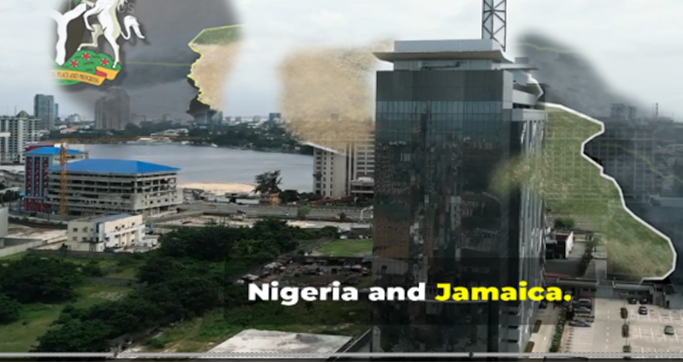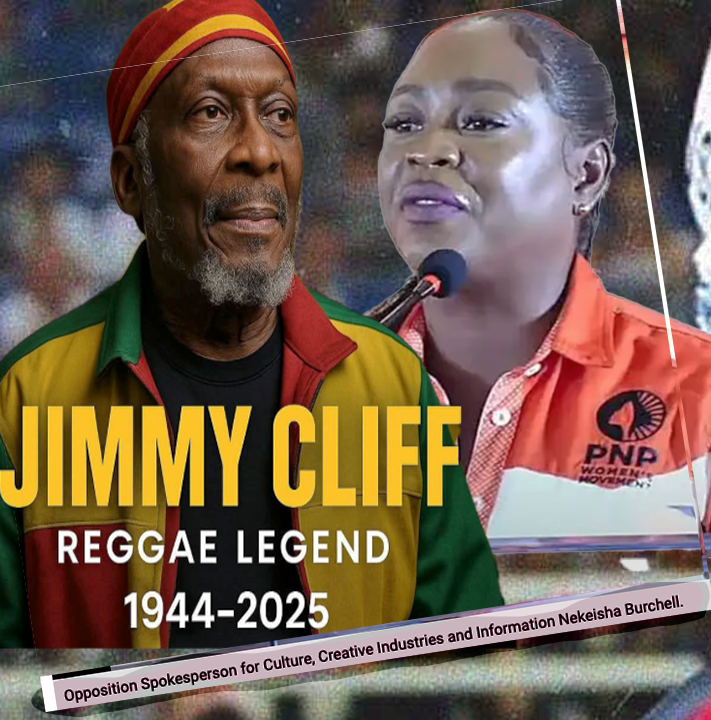The Caribbean, with its turquoise waters, white sandy beaches, and vibrant cultures, has long been a dream destination for travelers worldwide. However, beneath the postcard-perfect facade lies a growing tension between the economic benefits of tourism and the cultural, environmental, and social costs it imposes on local communities.
The rise of mass tourism in the region has led to the proliferation of sprawling all-inclusive resorts that dominate coastlines, often restricting access to the very beaches that have been central to Caribbean life for generations. Cruise ships, while bringing in waves of visitors, often contribute little to local economies, as passengers dine and shop onboard, leaving minimal financial impact on the islands they visit.
This model of tourism prioritizes the comfort and enjoyment of visitors while sidelining the needs and well-being of the people who call these islands home. Many Caribbean nations now find themselves in a paradoxical situation: while tourism revenue fuels their economies, it has also led to a decline in self-sufficiency. Once-thriving agricultural sectors have dwindled, forcing islands to import the majority of their food—a stark contrast to the days when local farms and fisheries sustained communities.
The shift from sustainable living to a tourism-dependent economy has also eroded cultural traditions and community cohesion. As jobs increasingly revolve around serving tourists, younger generations are less likely to engage in traditional practices like farming, fishing, or artisanal crafts. This cultural disconnect is further exacerbated by the commodification of local heritage, often reduced to performances or souvenirs for tourist consumption.
The environmental toll of mass tourism cannot be ignored either. Overdevelopment has led to habitat destruction, pollution, and strain on natural resources. Coral reefs, mangroves, and other ecosystems vital to the islands’ biodiversity and protection against climate change are under threat.
For many Caribbean natives, the current model of tourism feels like a double-edged sword. While it brings economic opportunities, it also perpetuates a system where the needs of outsiders are prioritized over those of the local population. The question remains: Can the Caribbean find a balance between welcoming visitors and preserving its cultural identity, environmental health, and self-sufficiency?
As the world rethinks the future of travel post-pandemic, there is hope that the Caribbean can pivot toward more sustainable and equitable tourism models—ones that empower local communities, protect natural resources, and celebrate the rich heritage of the islands. Until then, the region’s struggle to reconcile its identity as both a paradise for tourists and a home for its people continues.
Read more about the challenges and potential solutions for sustainable tourism in the Caribbean.
- Echoes of the Cold War: When Reggae Met Geopolitics
- Why Jamaica Is Seen as a Black Nation — Yet Wealth and Power Often Tell a Different Story
- The Nigeria, Jamaica, and Barbados Paradox: Regional Superpowers or Proxy Enforcers?
- Montego Bay Ascendant: Swallowtail Tower Tops Out, Cementing City’s Role as Jamaica’s New Development Leader
- Jimmy Cliff: Reggae Trailblazer and Global Icon Passes Away at 81
- A Beacon of Truth’: PNP Pays Solemn Tribute to Late Reggae Icon Jimmy Cliff
- Fire Ravages Usain Bolt’s Tracks and Records in St. James, Halting Vital Meal Support for Hurricane Survivors
- The true hypocrisy lies in forgiving the colonizers who have never atoned
- RIU Steps Up: Jamaica Hotel Giant Unveils $1 Million Relief Fund After Hurricane Melissa
- From Rivals to Real Heroes: How Justin Gatlin and Jamaica’s Sprint Legends United for Hurricane Relief
- Jamaica’s Prime Minister Faces Backlash Over Delayed Hurricane Relief Efforts
- The Caribbean Gambit: How a False Pretext Drives the US Toward Venezuela Conflict
- Donroe Doctrine as trump pushed imperialism and neocolonialish in latin Americ and the Caribbean
- Jamaica’s Reality Check: Why the “Gem of the Caribbean” Deserves a Better Blueprint
- Jamaican Women’s 4x100m Team Delivers Season’s Best, Cruises to World Championships Final
- Heartbreak in Tokyo: Jamaica’s Gold Medal Dreams Shattered by a Shocking 4x100m Relay Baton Drop
- Bryan Levell smashes a PB of 19.64s to grab bronze in his first senior World Champ
- Edwin Allen High Grieves Sudden Death of Teen Track Star Tanesha Gayle
- Dancehall Star Squash Pleads Guilty to Gun Possession
- The Seaga-Holness Legacy: How Jamaica Became a Tourism-Centric Economy and Its Social Consequences








come and join me at moomoo!Sign up via my referral link now and claim 8.1% APY and up to 15 free stocks!
account when you invite 3 or more friends to sign
2 Comments